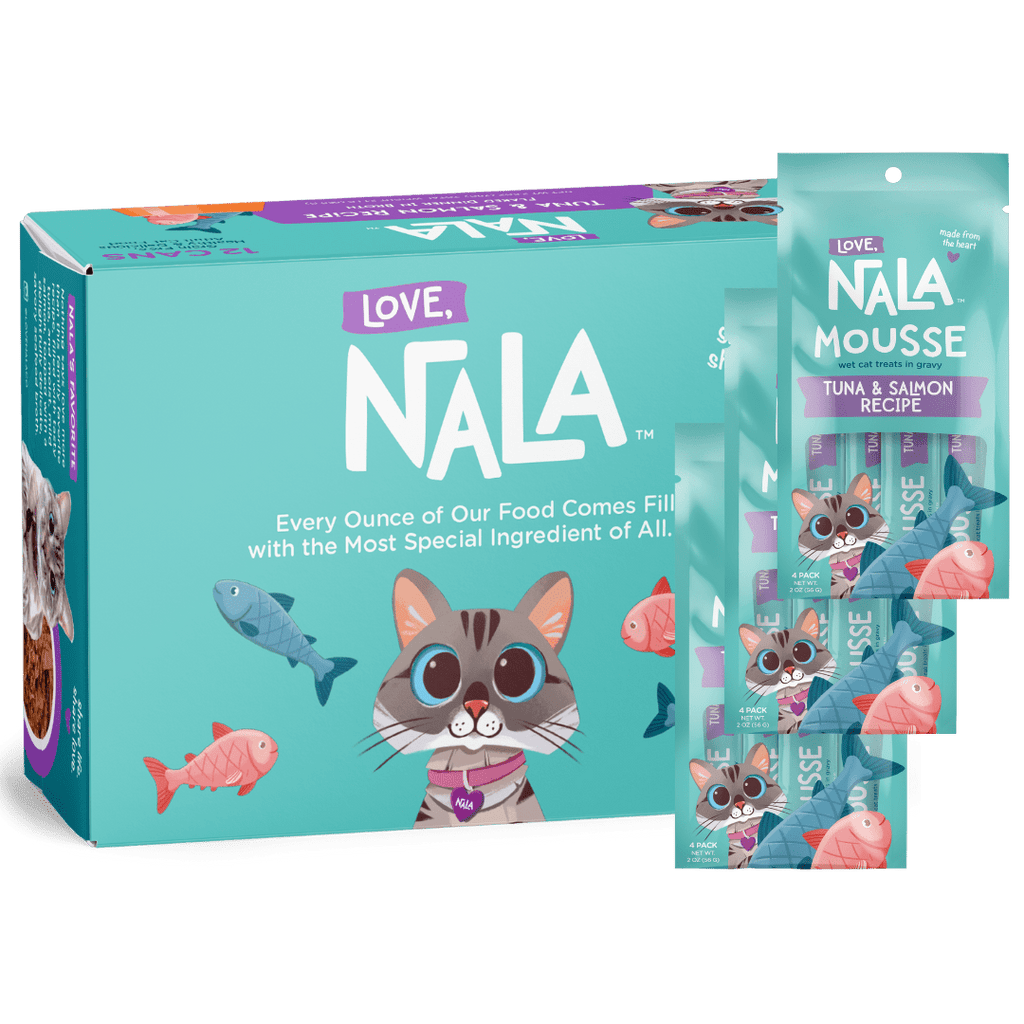Transitioning your cat to a new diet isn’t done in a day. Cats are creatures of habit and change can be stressful for them so changing their diet requires a gradual approach. Here are some tips and tricks to help make the process easier:
Choose High-Quality Cat Food
Opt for a high-quality cat food that meets your cat's nutritional, age, and health requirements. Choose a product that is similar in terms of protein, flavor, and fat content, just try to find a healthier version.
Gradually Transition their Diet
Cats can be sensitive to changes in their diet so we don’t recommend changing their diet overnight. Gradually mix the new food in with the old food over the course of 7-10 days. This will give your cat’s digestive system time to adjust to the new food. Start with a small amount of the new food and gradually increase the proportion of the new food each day. For example, give 75% of the old food and 25% of the new food for 2-3 days, then 50% of the old food and 50% of the new food for 2-3 days, etc. Once your cat is happily eating the new food, you can complete the transition.
Observe Your Cat’s Behavior
Monitor your cat's behavior, activity level, litter box use, and health during the transition. If your cat displays any signs of tummy troubles, you should slow down the transition process and give their body more time to adapt to the new food.
Warm Up or Water Down the Food
If your cat isn’t into the new food yet, heating up the new food can enhance its aroma, making it more enticing to your cat. Just a few seconds in the microwave will help bring out its scent. You can also try adding some warm water to the food. This can make it a little easier to swallow while also adding hydration. If you’re transitioning your cat from wet food to air-dried, they may appreciate some added moisture as they get used to the new consistency.
Offer Treats
If your cat is hesitant to change, you can add some mousse treats on top of their new food to entice them to eat up. They’ll be so excited to lick their treat, they won’t notice as much when the treat is gone and they are eating (and enjoying!) the new food.
Consult with your veterinarian if you need guidance on a suitable food for your cat given their life stage and health. And remember to allow your cat to adjust to the diet change at their own pace to avoid stress and digestive upset. Soon they will be enjoying their new, healthier lifestyle!
Love, Nala



















